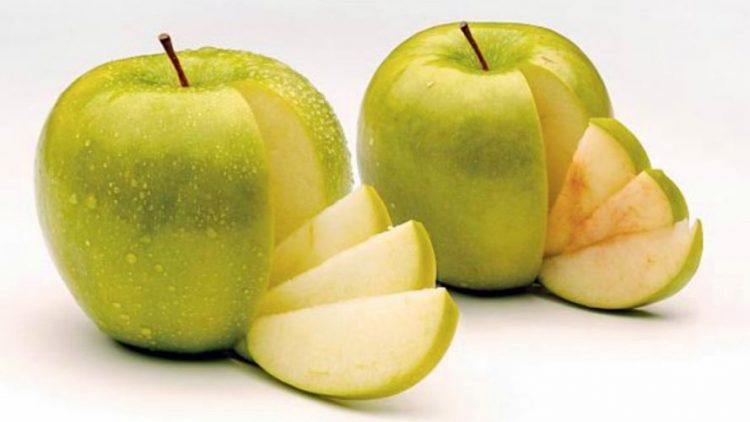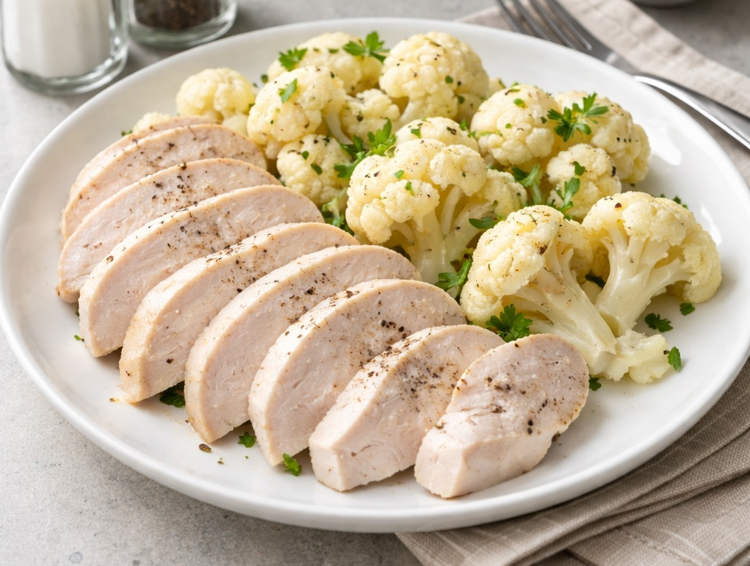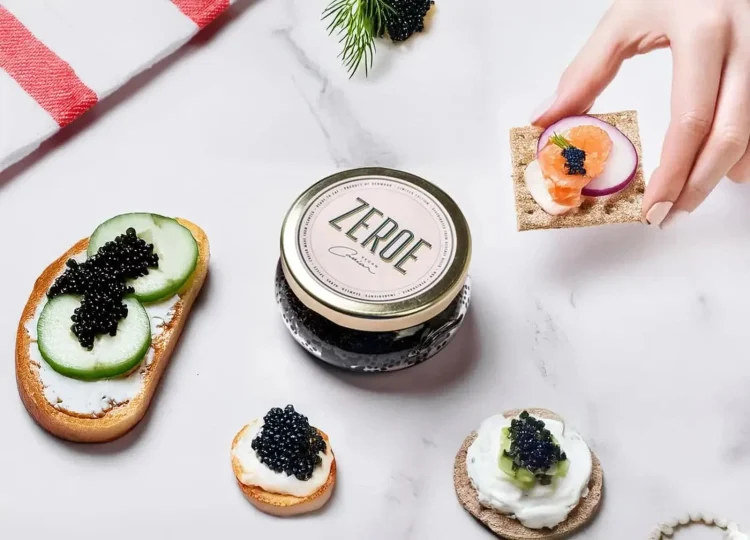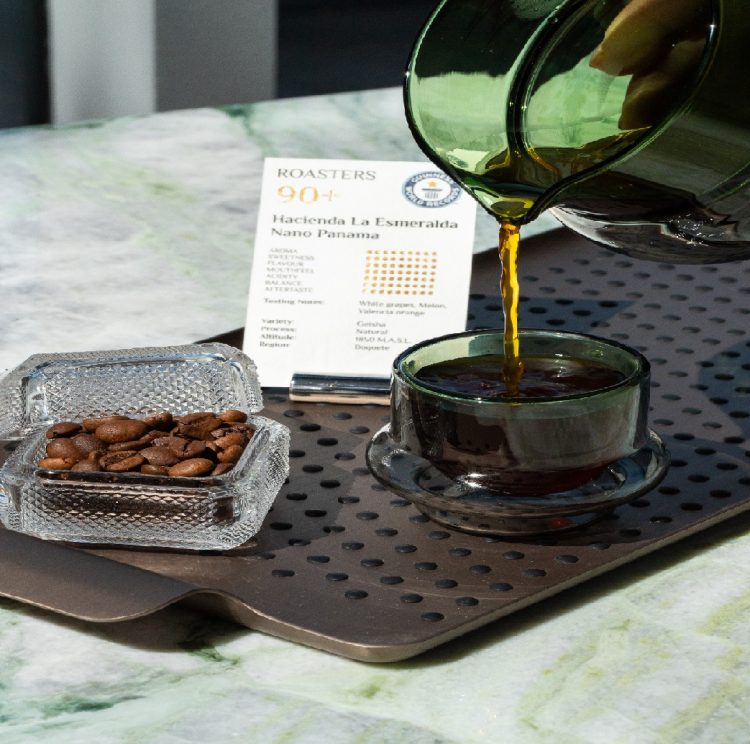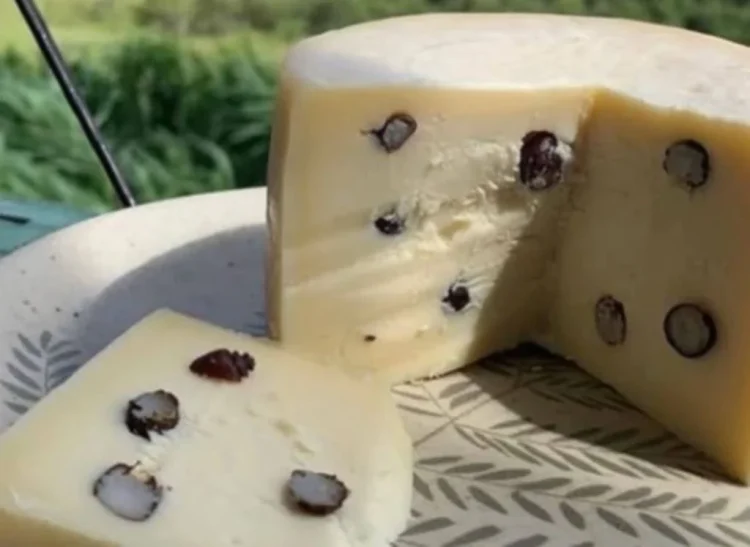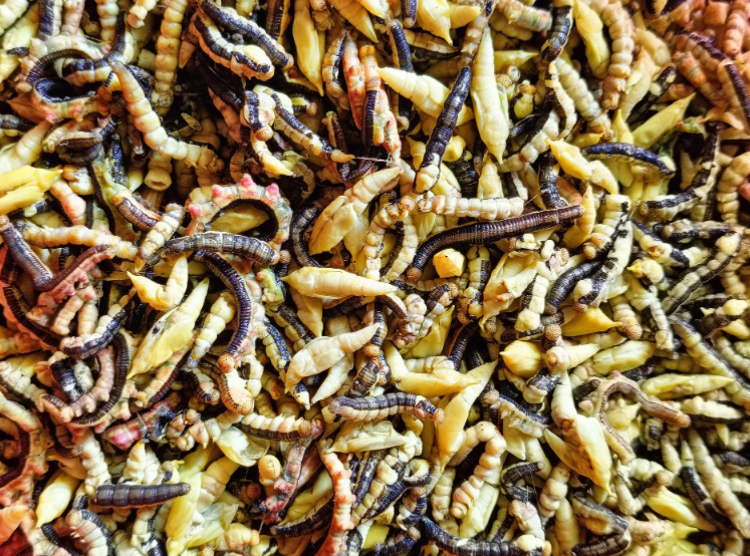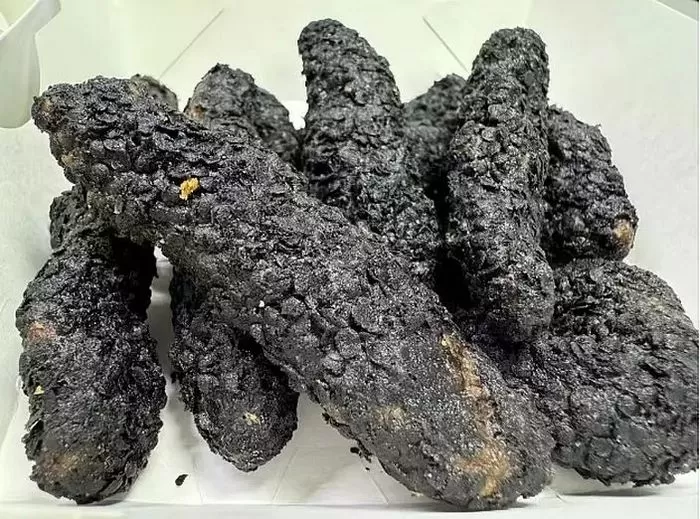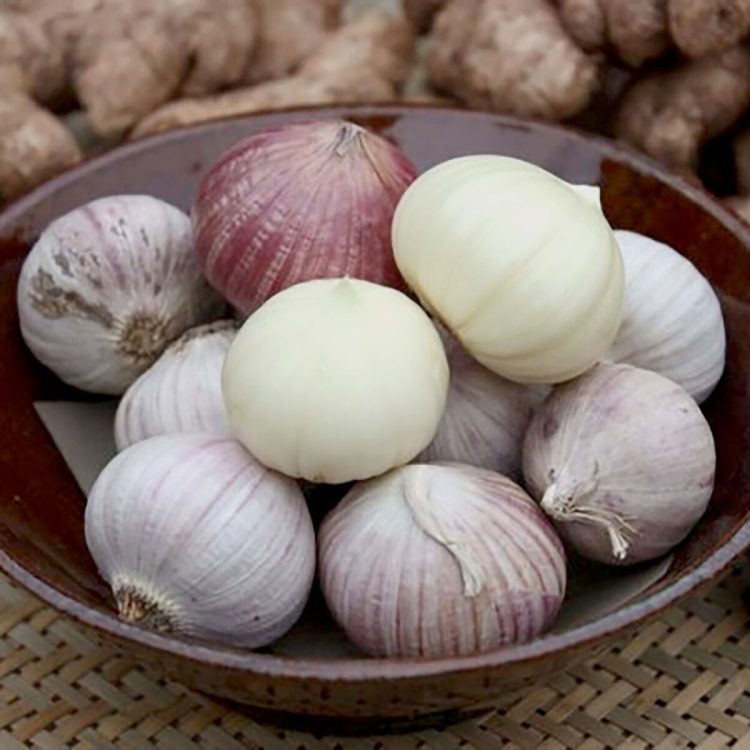Arctic Apple is the world’s first genetically engineered apple that doesn’t turn brown after being cut or bruised. It was developed by Canadian company Okanagan Specialty Fruits and is already being sold in select grocery stores.
When the cells of conventional apples are damaged, such as when they are cut, bitten into or bruised, an enzyme called polyphenol oxidase (PPO) initiates a chemical reaction that turns the flesh of the fruit brown. Some apple varieties brown faster than others, while others have a lower degree of browning, due to varying levels of PPO, but the Arctic Apple is the world’s first non-browning apple. Its flesh will retain its fresh, appealing color even days after being sliced, which Okanagan Specialty Fruits claims will increase apple consumption and decrease food waste.
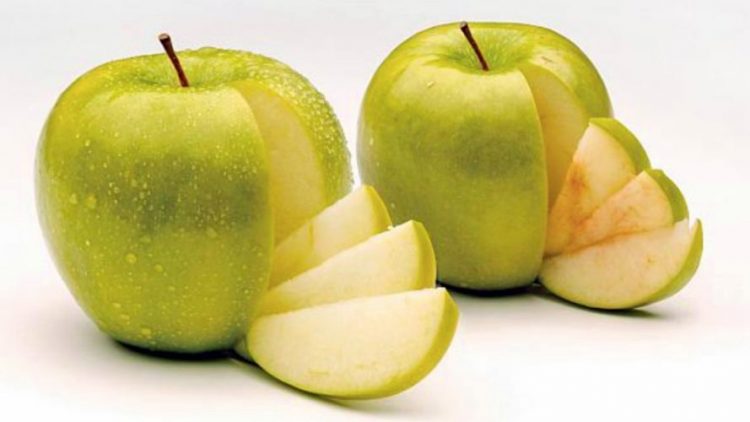
Neil Carter, president of Okanagan, and his wife Louisa have spent the last 20 years developing the non-browning Arctic Apple as a way of decreasing apple waste. They planted their first crop of non-browning Golden Delicious and Granny Smith apples in 2003, and have since spent years testing the genetically-modified fruit, making sure that it poses no health or environmental risks. According to the evidence they presented to the U.S. Department of Agriculture, Arctic Apples are just like conventional ones, minus the off-putting superficial browning.
“While having less PPO gives Arctic varieties their nonbrowning advantage, Arctic apple trees grow and behave just the same as other apple trees,” the Arctic Apples website states. “And, the fruit is just as healthy and has no new proteins. And even though an Arctic Granny has the same nutritional content as a conventional Granny Smith, Arctic apple varieties don’t experience the browning reaction, which typically “burns up” healthful nutrients such as vitamin C and antioxidants.”

So how did Okanagan Specialty Fruits actually create non-browning apples? Well, it all started years ago, when the apple’s genome was mapped. They identified the four genes responsible for PPO production and used “gene silencing to turn down the expression of PPO, which virtually eliminates PPO production, so the fruit doesn’t brown”. According to the Arctic Apples website, the low levels of PPO produced by conventional apples plays no role at all, apart from putting people off from eating the fruit minutes after it has been sliced, so stopping its production through genetic manipulation has no adverse effects.
“We see this as less about genetic modification and more about convenience,” Neil Carter told The Washington Post. “I think consumers are very ready for apples that don’t go brown. Everyone can identify with that ‘yuck’ factor.”

By having the apples look fresh and appealing for longer, while preserving the same nutritional qualities as conventional apples, Okanagan Specialty Fruits hopes to reduce apple waste caused by superficial browning. However, GMO critics consider it unnecessary and understudied. Some even claim that by silencing the production of PPO, Carter’s company can deceive consumers about the freshness of the fruit. Okanagan, on the other hand, says that the opposite is true.
“Perhaps since Arctic apples don’t undergo enzymatic browning they disguise old or damaged fruit? Nope, just the opposite in fact!” the Arctic website states. “Arctic apples eventually rot just like other apples, and will show browning that results from fungal or bacterial infection. And since Arctic varieties show meaningful discoloration like this, but won’t show superficial browning and bruising, Arctic apples make it easier to judge the true quality of the fruit!”
Non-browning Arctic Apples will hit the shelves of around 400 grocery stores across the United States, this November, with supplies estimated to last about 12 weeks. It will be interesting to see how consumers respond. Will they be drawn in by the non-browning quality, or will the GMO fears keep them away?
For more exciting developments in the fruit industry, check out pink pineapple, cotton candy-flavored grapes and pink flesh apples.

